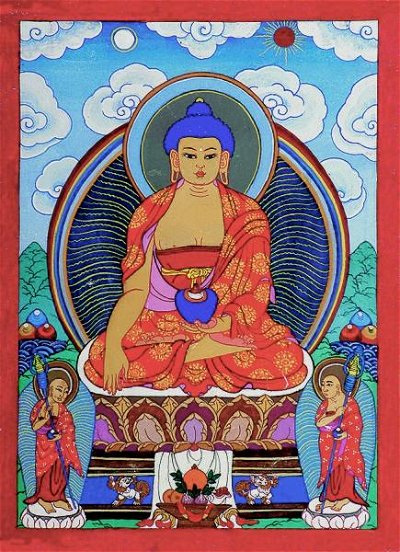1. One of the reasons given for Chulalongkorn's interest in reform for Thailand (then known as Siam) was that his father, King Mongkut, had arranged for a more Western type of education for his son. Who was Chulalongkorn's famous tutor?
From Quiz King Rama V: Absolute Monarch or Reformer?
Answer:
Anna Leonowens
Chulalongkorn, born on September 20, 1853, was the son of the famous King Monghut ("The King and I") and Queen Debsirindra. He was his father's heir, even though he was the ninth son; his mother was the first "royal" wife to produce a son! His father, realizing the intricacies of European diplomacy, made sure that his son had a well-rounded education which included a variety of Western tutors, including Anna Leonowens. Although Leonowens published a book about her stay in Siam, many discrepancies have been noted. For example, Anna wrote that she was employed to serve as a governess to the King's children; in reality she was hired to be one of their teachers. It is uncertain how much influence she had over Chulalongkorn.
At this point it is necessary to remind readers that "The King and I" was a fictionalized account of Anna's time as a tutor to the King's children. There is no basis of the insinuation that as his father was dying, Chulalongkorn gave the order that there would be no more kowtowing to the king. Indeed, the young man was very ill from the same disease which claimed his father's life. In keeping with tradition, he had served a six month term as a novice monk in 1866, after which he was named his father's heir. A short time later, Chulalongkorn and his father were on an expedition on the Malay Peninsula to confirm scientific calculations regarding the solar eclipse of August 18, 1868. Both became ill with malaria; Mongkut believed they both were dying and left it up to his officials to choose who they thought would be the best heir.
 The Globetrot Trivia 2 Challenge is now stopping in Chiang Mai, Thailand. While researching the area, I found the Elephant Jungle Sanctuary there, which led me to information regarding Thailand's sacred white elephants.
The Globetrot Trivia 2 Challenge is now stopping in Chiang Mai, Thailand. While researching the area, I found the Elephant Jungle Sanctuary there, which led me to information regarding Thailand's sacred white elephants. 




 = Top 5% Rated Quiz,
= Top 5% Rated Quiz,
 A Well Rated Quiz
A Well Rated Quiz